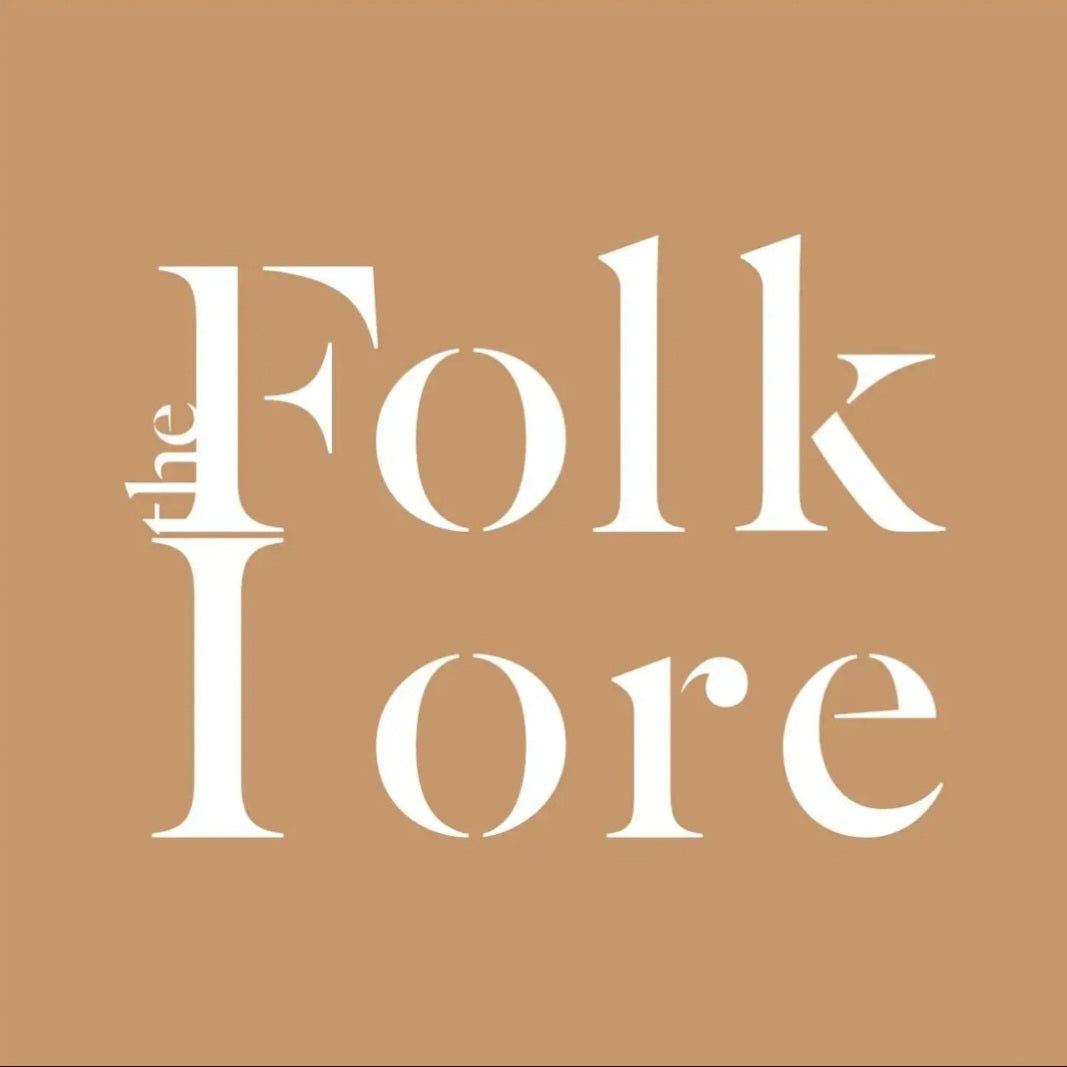In today’s competitive business landscape, access to funding can make all the difference for early-stage and independent brands. For many founders—especially those from underserved communities—grants offer a compelling alternative to loans or venture capital. But understanding how to access and effectively apply for these opportunities is often where the real challenge begins.
To demystify the process, The Folklore hosted a recent webinar featuring expert insights from Jessica Wright, RSM—Grant Strategist and Philanthropic Architect at My Grant Gold; Gynélla Ngounou—Founder and CEO of SELF Academy; and Julissa Brown—Founder of Funding Impact. The session unpacked the nuances of grant funding and offered actionable advice on navigating the landscape.
Grants vs. Loans and Venture Capital: Understanding the Trade-Offs
The conversation began with a foundational question: How do grants compare to other popular funding options like loans or venture capital (VC)? The panelists agreed that while each funding avenue has its merits, the right choice often depends on a business’s stage, structure, and long-term goals.
Grants, they explained, offer a unique advantage—they don’t require repayment, making them an attractive option for early-stage entrepreneurs seeking to grow sustainably. However, as Jessica Wright pointed out, accessing these funds isn’t without challenges. Most grants come with specific eligibility criteria and usage guidelines, and establishing alignment with the funder’s mission is crucial. It’s not just about the money—it’s about shared values and mutual impact. Storytelling, in this context, becomes a vital part of the process. A compelling narrative helps demonstrate how your business delivers value—not only to customers but also to the broader community or cause the grant supports. As Gynélla Ngounou emphasized, founders must approach the grant application process with clarity, preparation, and precision. Grants are non-dilutive capital, but they demand intentional messaging and a deep understanding of your business model.
While VC can offer significant capital and strategic support, it often comes with trade-offs, including relinquishing partial ownership and control. Investors may join the board, influence decision-making, and shift a founder’s original vision. Even grants, especially those tied to government or institutional bodies, can carry restrictions on how funds must be allocated, which may affect business flexibility. Founders need to be aware of the fine print and determine what kind of funding structure aligns best with their long-term goals.
The Real Challenge: Telling the Right Story to the Right Funders
As the conversation evolved, one core theme emerged: alignment. Wright stressed that authenticity is key to building funder relationships. Businesses that try to mold themselves to fit every opportunity may win short-term support, but often at the cost of sustainability. Funders are looking for genuine connections and shared values.
This is where storytelling again proves essential. Brown described it as a strategic tool for signaling impact and clarity of purpose. A well-crafted business narrative—consistent, mission-driven, and backed by results—helps funders understand not just what a brand does, but why it matters.
Ngounou echoed this, adding that successful grant writing also requires discipline. Having an accountability partner or structured approach to writing can help founders stay focused and consistent—two traits that often separate strong applications from the rest.
Top Tips for Founders Seeking Grant Funding
Drawing from the panel’s collective experience, there are several practical steps founders can take to improve their chances of securing grant funding. Whether you’re just beginning your funding journey or refining your current approach, these tips serve as a foundational checklist to help you stand out and stay aligned with the right opportunities:
-
Be Transparent and Authentic: Funders want to support businesses that align with their goals and values.
-
Refine Your Storytelling: Your brand’s impact narrative should be compelling and consistent across all proposals.
-
Build Relationships and Community: A strong support system and network can improve your chances of success.
-
Pay Attention to Detail: Thorough, well-researched proposals are more likely to stand out.
-
Understand the Trade-Offs: Know what you're giving up—whether control, time, or flexibility—when choosing funding options.
Final Thoughts
At its core, securing grant funding is about more than just access to capital—it’s about ensuring alignment between your brand’s mission, your business model, and the outcomes funders want to see. Whether you're weighing the pros and cons of different funding types or refining your grant proposal, clarity, consistency, and authenticity remain your greatest assets. The insights shared by Wright, Ngounou, and Brown reinforce the importance of strategic storytelling and values-based decision-making as essential tools in every founder’s toolkit.
Don’t miss our next webinar. Join The Folklore and sign up for our newsletter to get updates, resources, and invites delivered straight to your inbox.










